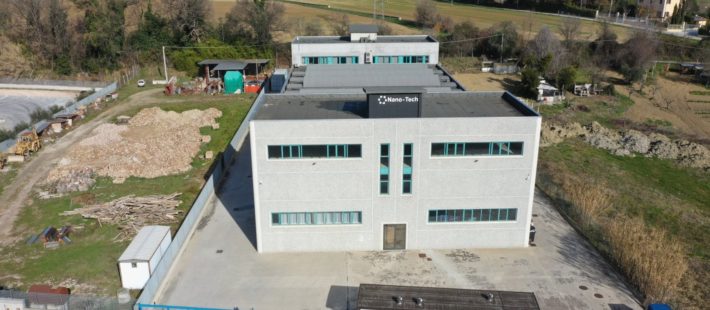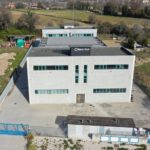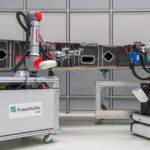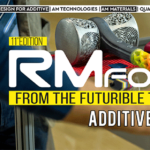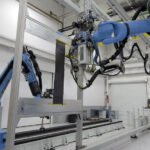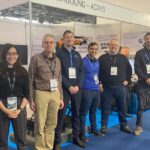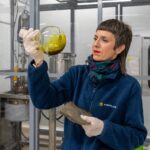Nano-Tech’s special composite materials are flying higher and higher. The Italian company that designs, manufactures and distributes them, announced the partnership with Mecaer Aviation Group for the realization of the interior of the latest generation helicopters as part of international programs. Nano-Tech will provide special “flame retardant” materials for the manufacture of secondary structures and helicopter cabin components for Mag, among the top five national companies in the sector with plants in Italy and Canada.
What is the flame retardant
It a flame retardant material that, due to its performance characteristics of lightness and fire resistance, is intended for multiple uses in the transport sector, in place of components manufactured with traditional materials. All composites used in the manufacture of aeroplane components are subject to strict safety verification procedures.
The “flame retardant” of Nano-Tech has already successfully passed the most demanding tests of the Far 25853 (Federal aviation regulation). These tests are needed to become suppliers of large aerospace companies (for example: Boeing and Airbus).
Research and development
The partnership is part of the Nano-Tech development project aimed at investing in research and development to strengthen the business and optimize the portfolio with increasingly innovative products. This project is one of the priority activities for which the company has launched a progressive capital increase of up to 5 million euros for both private and retail investors.



